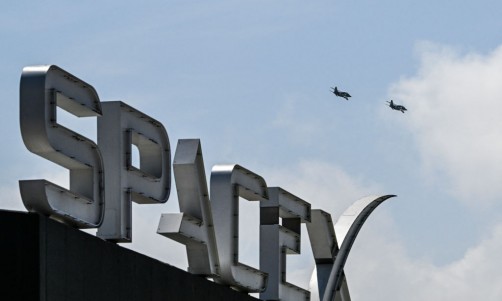While today's modern technology has almost eliminated time delays on Earth's telecommunication, it is different in deep space. When delays in NASA's communications do occur this can be a very frustrating situation, especially when it is related to time-sensitive or complex information. For instance, the delay could occur when communicating with crew members or an unmanned spacecraft in deep space.
Since NASA is planning to explore the planet Mars by sending there the first manned space mission, we can only imagine what kind of problems could appear if communication delay would happen on the journey to Mars. Until now, this kind of situation already happened on the unmanned missions. For instance, communication over radio waves to Mars could have round-trip delays of up to 31. According to a recent NASA investigation, this situation would impact emotional well-being and team performance in case of a manned mission.
NASA's research team for the Comm Delay Assessment investigation has studied whether communication delays on a long-duration mission to Mars or to an asteroid could result in negative impacts to the crew and individual performance and well-being. The study was conducted on three crew members aboard the International Space Station (ISS), as well as on their mission control support teams. They had to complete ten tasks during a recent increment. Four tasks were completed with a 50-second delay and six tasks with no communication delay.
The tasks of the space crew were based on two criteria, novelty and critically. The novelty tasks were new to the crew member and the critical tasks were complex. By analyzing the interviews conducted with the members of the crew and ground support team pre- and post- flight, NASA investigators have determined that high-quality communication that occurred with no delays resulted in a better mood and higher performance. As expected, mood decreased when the communication was performed with a delay.
According to Principal Investigator Larry Palinkas, Ph.D., the crew members were feeling frustrated when the communication didn't occur quickly enough. And where there was frustration, tasks took longer to complete. When Mission Control or the space crew members didn't get the information needed in a timely manner, they had to ask additional questions to avoid miscommunication.













